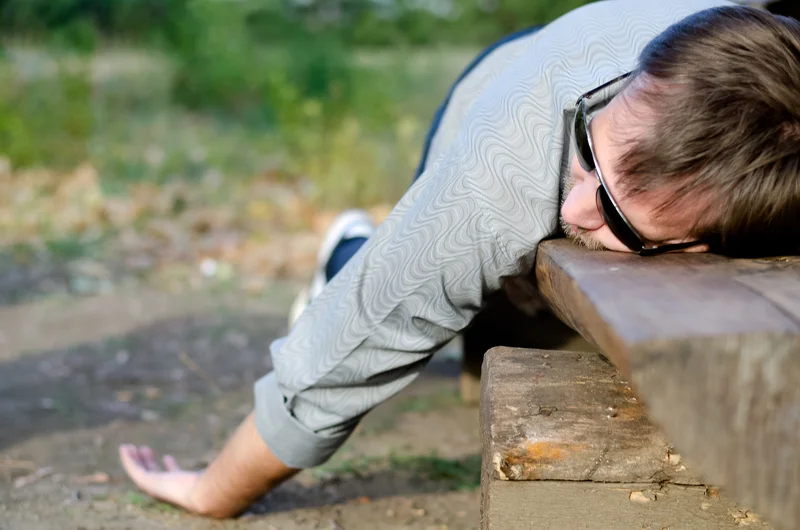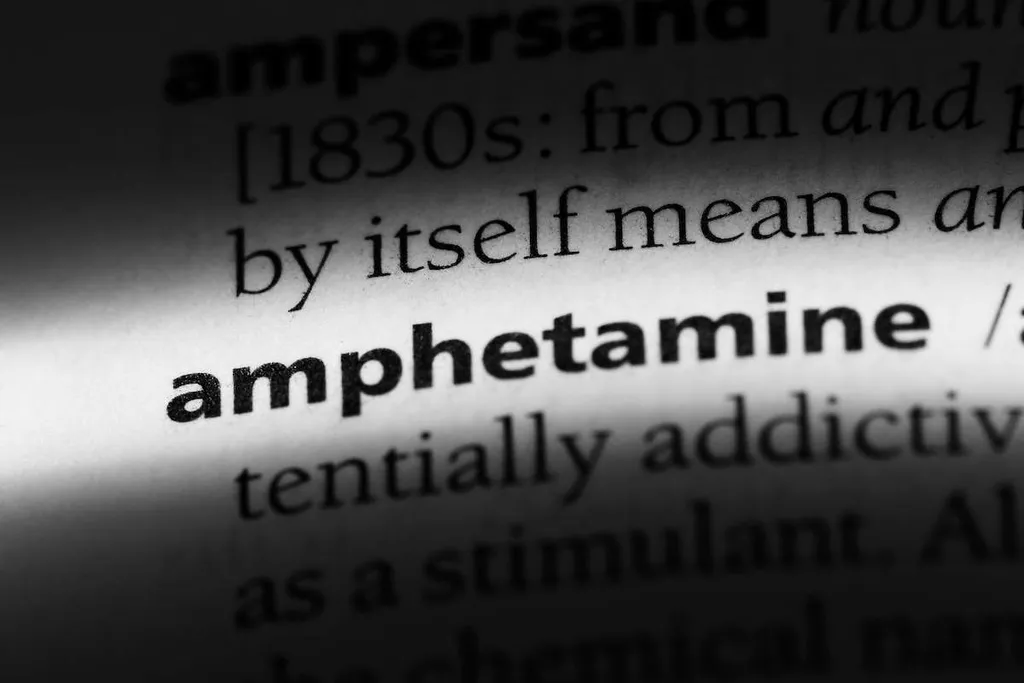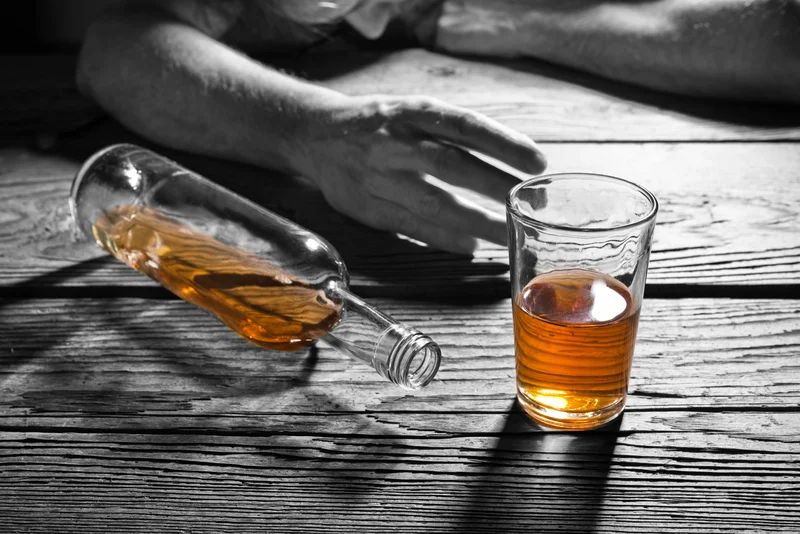
Can you take any proactive steps to reduce their stress level or recommend any steps they can take on their own? Lowering stress is an important step towards dealing with dry drunk behaviors. Identifying and understanding the various triggers for dry drunk syndrome is essential for maintaining sobriety and fostering a healthier recovery. Triggers can be emotional, environmental, or related to personal relationships. One of the hallmarks of dry drunk syndrome is the emotional instability that comes with it. Individuals may swing from feelings of anger to sadness without alcohol as a coping mechanism.
What Is a Dry Drunk? Signs, Symptoms, and How to Overcome
If you or a loved one struggles with an addiction to drugs or alcohol, contact FHE Health and let us show you your options for recovery. Also, maintain a positive outlook in the hope that addiction treatment professionals can Sober living home help them forge a solid commitment to recovery. Drinking close to a half-dozen beers a day took a toll on his work. Although he managed to get his diploma, after graduation, he found it hard to get and keep a job.

Contact Rolling Hills Recovery Center Today
Use of this site constitutes acceptance of Sober Recovery’s «Terms of Use», «Privacy Policy», «Cookie Policy», and «Health Disclaimer». The material on this site is for informational purposes only, and is not a substitute for medical advice, diagnosis or treatment provided by a qualified health care provider. It is imperative to note that those who are not part of the AA program often view the term “Dry Drunk” as offensive and overgeneralizing.
How Common is Dry Drunk Syndrome?
That can be confusing and discouraging — just as dry drunk symptoms are for someone cutting out alcohol. For some, alcohol abuse and drug abuse was self-medication for emotional or mental health issues they were struggling to deal with. Sobriety without being able to address these issues often leaves the newly sober person raw and as though they have open wounds. It is important to learn how to manage stress, and develop a support system that can help when the stresses of life seem impossible to bear.
Symptoms of Dry Drunk Syndrome
- It was initially used to describe someone who is no longer drinking but has some of the same behavioral issues and difficulties they experienced when they were drinking.
- Whether it’s through support groups, sober communities, or with the help of family and friends, nurturing these relationships offers a safety net during tough times.
- They may feel that they are “white-knuckling” through life, which is only more difficult without their substance of choice.
- Individuals with this symptom tend to do what they want, when they want, with little regard to who they hurt in the process.
People may start to believe that since they are no longer alcoholics, there isn’t anything else that needs to be done, but suddenly they cannot brush off negative thoughts. One may resist completing all the dry drunk syndrome rehab program modules and stop regularly attending alcohol support group meetings. No one expects you to recover from an alcohol use disorder alone—nor should you. Even the people who you alienated before you quit drinking may welcome the opportunity to spend time with you. Learning the symptoms of dry drunk syndrome as well as a few strategies to better cope can help you or someone you love to move past this stumbling block toward lasting recovery.
- GBAC understands Dry Drunk Syndrome and offers addiction therapy programs that address both addiction and underlying emotional issues.
- Connecting with other sober people and establishing healthy routines can help as well.
- This emotional rollercoaster is often one of the more challenging aspects to manage in recovery.
Signs and Symptoms of Protracted Withdrawal
For example, at Boardwalk Recovery Center, we focus on healing the whole person and work to assist clients in analyzing the behaviors and attitudes they displayed prior to sobriety. Attending a recovery program that provides comprehensive substance abuse treatment, a 12-step program, or another type of support group helps a person determine the root cause behind their alcoholism. Alcoholics Anonymous is a 12-step program for those struggling with alcohol abuse. It is essential to seek professional help if you or a loved one are experiencing dry drunk symptoms. A healthcare provider or addiction specialist can provide a proper diagnosis and develop an individualized treatment plan to manage the symptoms and prevent relapse. By seeking professional help and developing healthy habits, people with dry drunk syndrome can take the necessary steps towards a more positive, sober lifestyle.

Dry Drunk Behavior can include:

The impact of alcoholism extends beyond the physical and mental toll. It can cause a person to lose their sense of self, leading to feelings of guilt, shame, and low self-esteem. It can also result in isolation from loved ones and society, further fueling the cycle of addiction.
When an individual stops consuming alcohol, the brain and body go through an adjustment period known as withdrawal. Once sober, however, the dry drunk painfully realizes their crutch to lean on is gone and they must be accountable for their actions. On the contrary, they’re masters at sleight of hand, of fooling others their behavior is perfectly fine.
Emotional Turmoil
Dry Drunk Syndrome, or “dry drunk,” is a term used to describe someone who is abstaining from alcohol but still exhibits some of the same behaviors and attitudes of an active alcoholic. Dry drunk syndrome can be a warning sign that you are in danger of relapse. Alcohol addiction, formally known as AUD (alcohol use disorder), is a mental illness. It is pretty hard for you just to stop drinking if you have an AUD. Some people try to quit drinking alcohol without professional help.


Deja Un Comentario